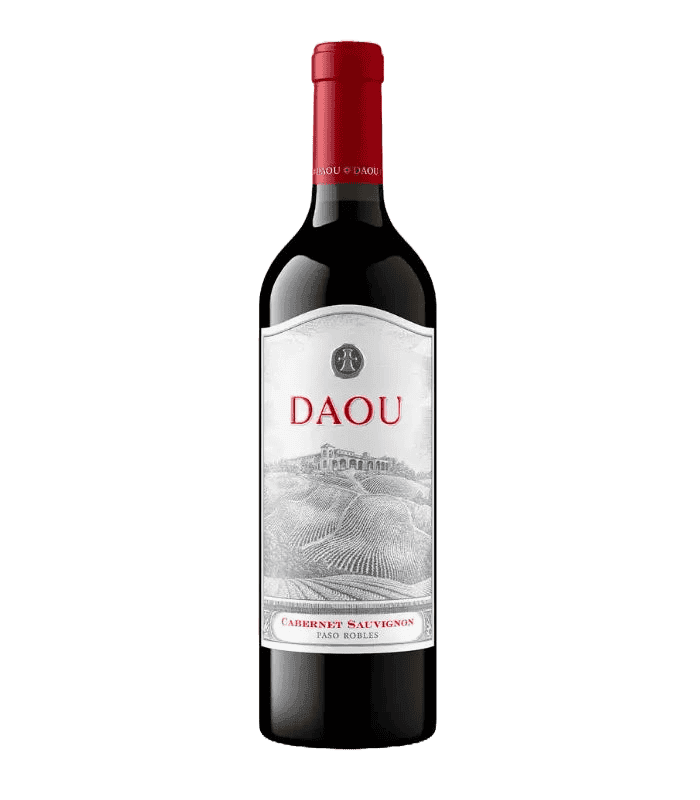
DAOU Reserve Paso Robles Cabernet Sauvignon - 750ML
DAOU Reserve Paso Robles Cabernet Sauvignon - 750ML
The DAOU Cabernet Sauvignon exemplifies Paso Robles. The nose is highly perfumed, showing aromas of black cherry, cassis, plum, desert sage, sandalwood and dusty minerality. Secondary aromas reveal notes of cigar box, leather, bay leaf and black olive. The palate is rich and weighty, offering generous flavors of black raspberry, spicy currant and blueberry compote with impressions of Bing cherry, boysenberry, fig and baking spices. Ripe, fine-grained tannins carry into a structured finish with lingering accents of cherry, espresso and vanilla.
- Aroma: Intense purple-red hues foreshadow deep aromas of black fruit, pomegranate, tobacco, mocha, and bay leaf.
- Taste: The palate is silky and yet structured, offering rich fruit and lightly bitter walnut flavors.
- Finish: Trailing notes of clove, nutmeg, and vanilla emerge as the wine opens up in the glass.
Key Features:
- Craftsmanship: The DAOU hallmark includes a deft mastery of tannins.
- Packaging: The bottle design reflects the luxurious nature of this Cabernet Sauvignon.
- Pairings: Enjoy it with hearty dishes like roasted meats or aged cheeses.
Why Choose DAOU Reserve Cabernet Sauvignon?
- Rare Gem: A standout expression from Paso Robles.
- Award-Winning: Recognized for its depth and complexity.
- Affordable Luxury: A high-quality wine accessible to all.
You can find the DAOU Reserve Cabernet Sauvignon at select wine stores and online retailers. Don’t miss out on this exceptional wine!
Remember: Drinking distilled spirits, beer, coolers, wine, and other alcoholic beverages may increase cancer risk, and, during pregnancy, can cause birth defects. For more information, visit www.P65Warnings.ca.gov/alcohol.

Explore a World of Spirits and Liquor through our Comprehensive FAQ Section.
Discover a World of Spirits and Liquor in our Helpful FAQ Section.
Types of Spirits
- Whiskey: Made from fermented grain mash and aged in wooden casks.
- Vodka: Typically distilled from grains or potatoes and known for its clear, neutral flavor.
- Rum: Produced from sugarcane byproducts like molasses or sugarcane juice.
- Tequila: Made from the blue agave plant, primarily in the area surrounding Tequila, Mexico.
- Gin: Distilled with botanicals, primarily juniper berries, giving it a distinctive flavor.
Production Process
- Fermentation: The process where yeast converts sugars into alcohol.
- Distillation: Separating alcohol from the fermented mixture to increase its concentration.
- Aging: Storing spirits in barrels to develop flavors over time.
Tasting and Pairing
- Tasting Notes: Learn to identify different aromas, flavors, and textures.
- Food Pairings: Discover which spirits complement various dishes, enhancing the dining experience.
Cocktails and Mixology
- Classic Cocktails: Recipes and techniques for making popular drinks like the Old Fashioned, Martini, and Mojito.
- Mixology Tips: How to balance flavors and create your own cocktail recipes.
History and Culture
Origins: The historical background of different spirits.
Cultural Significance: How spirits are enjoyed and celebrated around the world.

